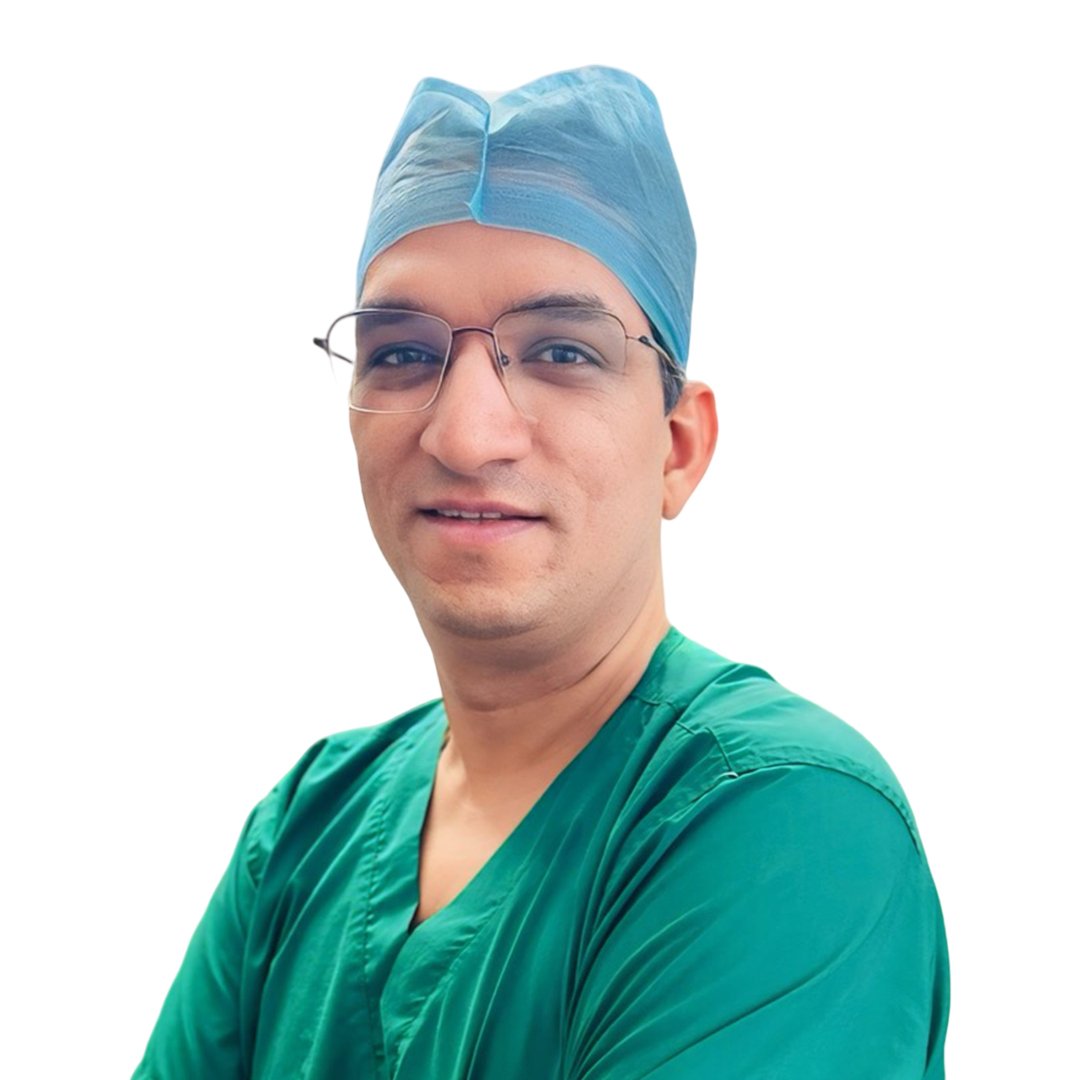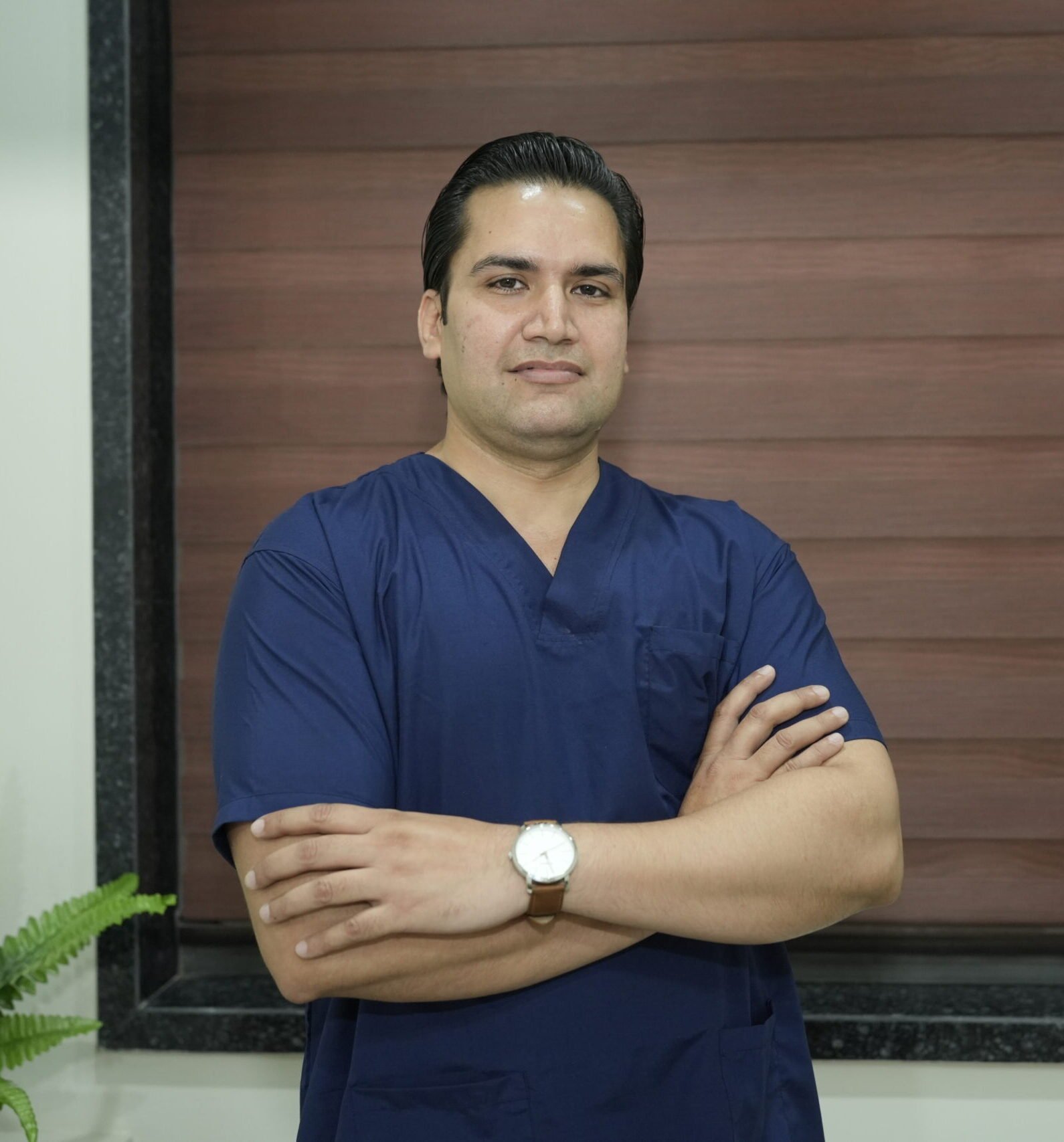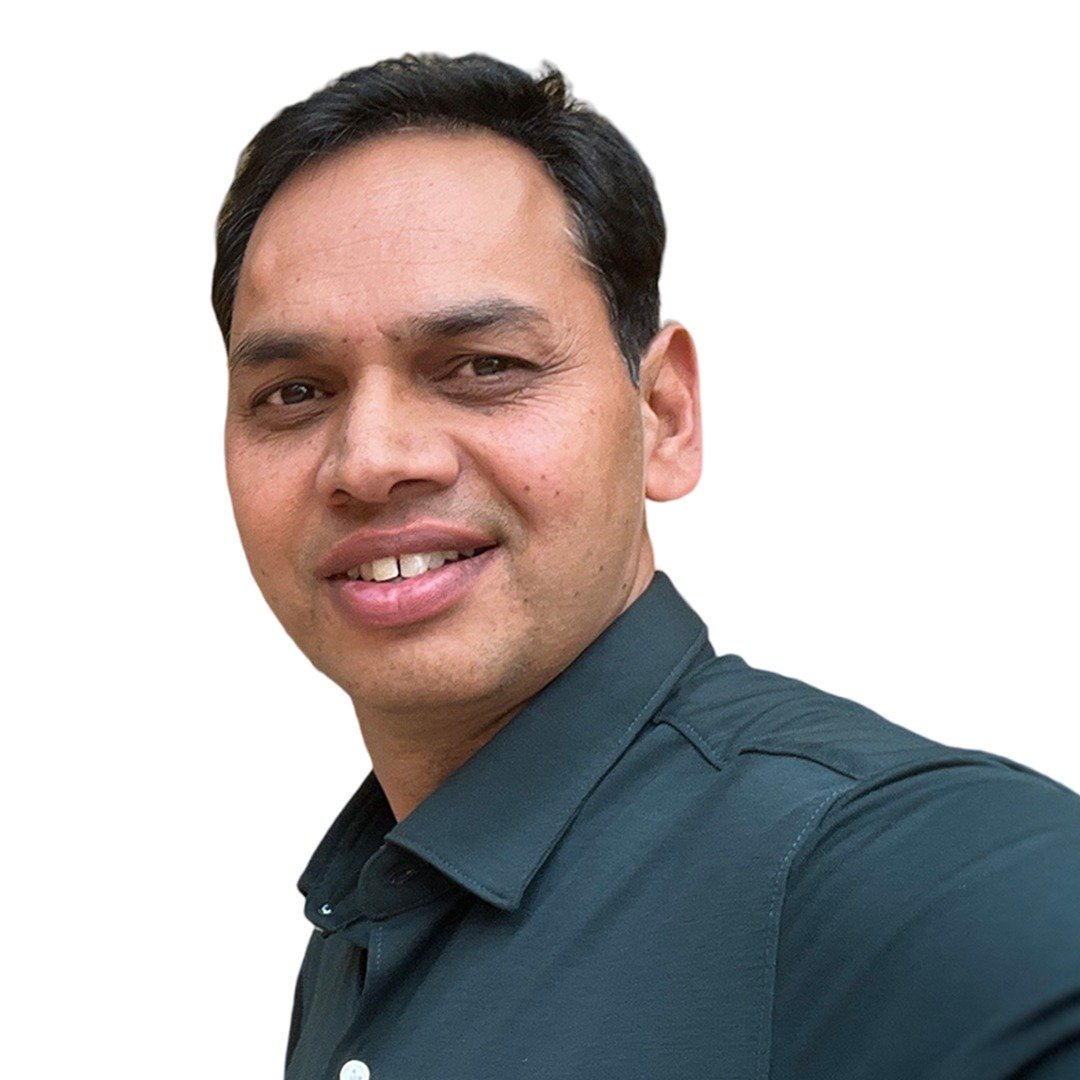Dystonia Treatment In Jaipur
Dystonia is a condition where muscles contract involuntarily, leading to repetitive or twisting movements. It can affect various parts of the body, such as focal dystonia (one area), segmental dystonia (two or more neighboring sections), or global dystonia (entire body). At Pink Star Hospital, we offer specialized dystonia treatment in Jaipur to address this challenging condition.
Symptoms
Dystonia manifests in different ways, including:
- Affected body parts like the leg, neck, or arm. Focal dystonia often starts in the neck, arm, or face and can remain localized or become segmental.
- Occurrence during specific tasks, such as handwriting.
- Exacerbation from stress, fatigue, or anxiety.
- Progressive nature over time.
Areas of the Body Affected
- Back of the Neck (Cervical Dystonia): Causes head twisting and movement to the side, forward, or backward, often accompanied by pain.
- Eyelids: Rapid blinking or involuntary spasms (blepharospasms) causing difficulty seeing, often worsening with bright light, stress, or social interactions.
- Jaw or Tongue (Oromandibular Dystonia): Slurred speech, drooling, and difficulty eating or swallowing, frequently associated with pain and other forms of dystonia.
- Vocal Cords and Voice Box (Spasmodic Dystonia): Affects voice or speech, resulting in a hushed or whispered tone.
- Forearm and Hand: Occurs during repetitive tasks like writing (writer’s dystonia) or playing musical instruments (musician’s dystonia).
Risks and Complications
The risks and complications of dystonia can include:
- Physical impairments affecting daily activities or specific tasks.
- Vision difficulties related to eyelid spasms.
- Challenges with jaw movement, swallowing, or speech.
- Pain and fatigue from constant muscle contractions.
- Depression, anxiety, and social withdrawal.
Diagnosis
Diagnosing dystonia involves:
- Blood and Urine Tests: To identify toxins and other conditions.
- MRI and CT Scans: To detect brain abnormalities such as lesions, tumors, or strokes.
- Electromyography (EMG): To measure electrical activity in muscles.
- Gene Testing: To determine hereditary causes.
Treatment
Dystonia treatment in Jaipur may include medications or surgery, depending on the severity and cause.
Therapy
- Physical or Occupational Therapy: To ease symptoms and improve nerve function.
- Speech Therapy: For voice-related issues.
- Stretching or Massage: To relieve muscle pain.
Surgery
For severe symptoms, surgical interventions may be necessary:
- Deep Brain Stimulation (DBS): Electrodes are placed in specific brain areas and connected to a chest generator, providing electrical pulses to control muscle contractions. Settings can be adjusted as needed.
- Selective Denervation Surgery: Severing nerves controlling muscle spasms when conventional treatments are ineffective.
Lifestyle and Home Remedies
While there’s no cure for dystonia, managing symptoms can be achieved through:
- Sensory Tricks: Touching specific areas to temporarily halt spasms.
- Heat or Cold Therapy: To alleviate muscle pain.
- Stress Management: Includes deep breathing, seeking social support, and positive self-talk.
Preparing for Your Appointment
When visiting a neurologist, consider:
- Gathering Information: Note symptoms, frequency, triggers, and patterns. List current medications and treatments.
- Medical History: Discuss previous diagnoses, surgeries, or health issues.
- Family History: Be aware of any neurological disorders in your family.
- Questions and Concerns: Prepare questions about your condition, treatment options, or prognosis.
- Support Person: Bring a friend or family member for support.
- Records: Include relevant medical records, test results, or imaging studies.
- Lifestyle Factors: Discuss your daily routine, diet, exercise, stress levels, and factors affecting symptoms.
Why Choose Pink Star Hospital
Pink Star Hospital is committed to providing the highest quality dystonia treatment in Jaipur. Our dedicated team uses advanced technology and research to deliver exceptional care. We strive for excellence in patient-centered treatment, ensuring the best possible outcomes for those seeking dystonia treatment in Jaipur.
Explore Our Main Services

Neuro Science
Studies the nervous system, focusing on diagnosing and treating brain, spinal cord, and nerve disorders to enhance understanding and treatment of neurological conditions.

General Medicine
Involves the holistic care of adults, from diagnosis to treatment, covering a wide spectrum of health conditions to ensure overall well-being and prevention from disease.

Urology
Treats urinary tract and male reproductive system disorders through surgeries like kidney stone removal and prostate procedures, aiming to improve health and quality of life.

Pathology/ Biochemistry & Microbiology
Involves diagnosing diseases by meticulously examining tissues, cells, and body fluids, providing critical insights for precise medical treatment and comprehensive patient care.

ENT
Treats ear, nose, and throat disorders, such as hearing loss and sinusitis, using advanced medical and surgical methods to significantly improve health and quality of life.

Critical Care & ICU Servises

Cardiology
Specializes in diagnosing and treating heart and blood vessel disorders, using medical and surgical interventions to manage conditions like heart disease and hypertension.

General Surgery
Covers a variety of procedures for abdominal and related conditions, focusing on diagnosis, treatment, and advanced surgical techniques to ensure effective patient care.

Nephrology
Manages kidney conditions like chronic kidney disease, kidney stones & electrolyte disorders by treatments such as dialysis and transplantation, aiming to improve patient health & well-being.

Gastroenterology
Focuses on diagnosing and treating digestive system disorders, including conditions affecting the stomach, intestines, liver, and pancreas, to improve digestive health.

Trauma & Emergency
The trauma and emergency department provides immediate, life-saving care with advanced technology and expert staff, ensuring rapid and effective treatment 24/7 for all critical medical conditions and emergencies.

Radiology- CT/MRI
Uses imaging techniques like X-rays, MRI, and CT scans to diagnose and treat medical conditions, providing critical information for effective patient care.

Orthopaedic / Joint Replacement / Arthroscopy
Focuses on treating musculoskeletal issues through surgical and non-surgical methods, aiming to restore mobility and improve quality of life.

Gastroenterologist Surgery
Treats digestive disorders through advanced surgical procedures like appendectomies and liver transplants, significantly improving digestive health of patients and their overall well-being.

Plastic Surgery
Enhances appearance and function through a variety of cosmetic and reconstructive procedures, significantly improving the quality of patients’ lives and boosting their confidence.

Oncology
Specializes in diagnosing and treating cancer, utilizing therapies such as chemotherapy, radiation, and surgery to manage and eradicate tumors and improve patient outcomes.

Physiotherapy
Uses exercises and therapies to rehabilitate movement, treat injuries such as sports injuries and chronic pain, and aid post-surgical recovery, effectively promoting healing, mobility, and overall functional improvement.

Gynecology
Gynecology focuses on women’s reproductive health, treating menstrual issues, infertility, pregnancy, and menopause for overall well-being.
Meet Our Specialists
Dr. Rajvinder Singh Choudhary
NeurosurgeryDr. Ashwini Sharma
Consultant NeurosurgeonDr. Navneet Agarwal
Senior Consultant Neurosurgeon MBBS, MS, Mch. NeurosurgeryDr. Vaibhav Kumar Somavanshi
Consultant Neurologist, MBBS,DNB, DMDr. Rakesh Sharma
NeurosurgeryDr. Manoj Kumar Saini
MBBS, CCEBDM,PGGCCFAQ
Dystonia is a movement disorder characterized by sustained muscle contractions, abnormal postures, or repetitive movements. These symptoms result from involuntary muscle contractions that cause twisting, abnormal postures, or jerky movements.
Symptoms vary depending on the type and severity of dystonia but generally include muscle spasms, abnormal postures, tremors, and jerky movements. The symptoms can affect specific parts of the body, such as the neck (cervical dystonia), face (blepharospasm), or limbs.
The exact cause of dystonia is often unknown, but it can be primary (idiopathic) or secondary to other conditions. Primary dystonia has no identifiable cause and may be genetic. Secondary dystonia can result from brain injury, stroke, or neurodegenerative diseases.
Diagnosis typically involves a thorough medical history, physical examination, and neurological assessment. Doctors may use imaging studies, blood tests, or genetic testing to rule out other conditions and confirm the diagnosis.
Treatment aims to manage symptoms and improve quality of life. Options include medications (such as anticholinergics, muscle relaxants, or botulinum toxin injections), physical therapy, and sometimes surgical interventions like deep brain stimulation. A multidisciplinary approach involving neurologists, therapists, and other specialists is often recommended.






